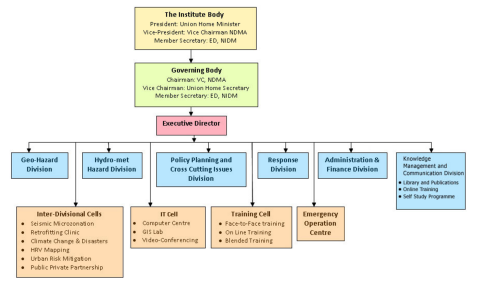International Outlook on COVID-19 Impacts in Energy Sectors
Briana LeoneThe present report briefly outlines how energy infrastructures have been significantly affected by shifts in consumptions as a result of instituted lockdowns and shelter-in-place. Overall, the impacts of the pandemic have been stressing present energy infrastructures in a way that is unprecedented. Energy patterns have decreased, as far as commercial emissions are concerned, and have worked to highlight the already stressed and vulnerable electricity infrastructures. The foregoing calls attention to the need for measures of economic recovery in the energy field, a move to "electricity secure and resilient energy systems" (IEA, 2020).

